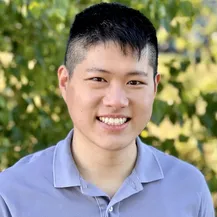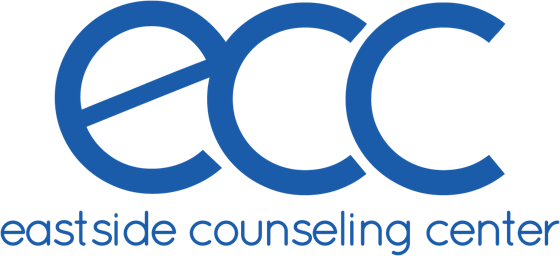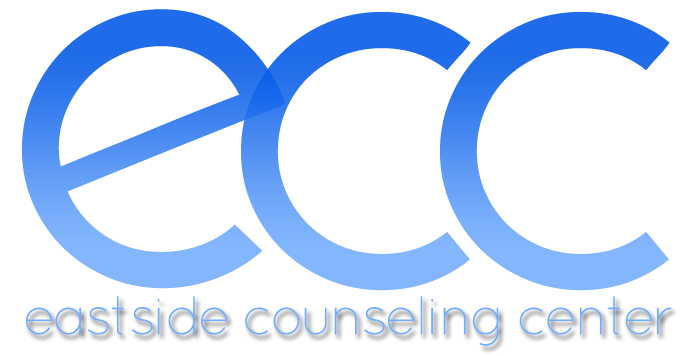Proudly serving Washington State.

Timothy Tam
Clinical Director, MS, LMFT
Not Accepting New Clients
Telehealth Only
Couples, adult individuals, and families only
Philosophy of Care
Many people struggle with anxiety, depression, relationship challenges, life stressors, etc. For the brave souls who have reached out for support, guidance, and healing I have so much respect for you. I know it can be intimidating to open up and be vulnerable in what may be a really tough time in your life.
I want you to know a little about me and hope this helps you to feel more comfortable. Your comfort and sense of security is the most important thing to me. You’ll find that my sessions are genuine, open, exploratory, and meaningful. I value collaboration which means we will work together to process what’s happening for you and work together to make things better. I will provide an empathetic ear, ask questions, and provide reflection so that I can really understand your goals, your life experiences, your beliefs and your values. I often find that issues we have as adults stem from beliefs we made up about ourselves, the world or others from our earlier relationships. It is common to have experienced emotional wounds growing up and sometimes those wounds don’t fully heal.
We call these attachment wounds and like physical wounds they can hinder your ability to fully function or function optimally. My goal is to support you in creating a healthy relationship with yourself and healthy, secure dynamic relationships with others. My hope is that the work we do will aid you in translating your newly developed strategies in a positively adaptive way in your life.
My philosophy is one that is based on the notion of “acceptance leads to change”. We first have to accept where we are in our life and from there, we can begin the process of change. Life is filled with dialectical dilemmas (what does this mean to the average person?) making it difficult to see multiple perspectives or creative solutions. Instead, we perceive things as mutually exclusive. We often say either/or instead of both/and. Either/or language lends itself to seeing the world as black and white much of life falls into the grey area where things are uncertain. Life can often be uncomfortable, and we often need to find ways to manage multiple stressors that fall into the gray areas of life. Therefore, we will explore language that is inclusive like both/and. For example, life is both black and white and grey.
My approach is client-centered and strength-based, warm, and open. My clients sit in the driver's seat and I help navigate the twists and turns of life. I am here to help reveal any “blind spots” I may see in your path of self-discovery, growth, and healing. I look forward to embarking on this journey with you and heading into new horizons together.
Education and Licensure
Master of Science in Marriage and Family Therapy, Northwestern University, 2016
Bachelor of Arts in Psychology, University of Rochester, 2014
Licensed Marriage and Family Therapist, Washington State, 2019 - Present
Specialties
Behavioral Issues
Bipolar Disorder
Borderline Personality
Career Counseling
Codependency
Coping Skills
Cross cultural relationships
Depression/Anxiety
Divorce
Family Conflict
Infidelity
Life Coaching
Life Transitions
LGBTQ+
Marital and Premarital
Parenting
Peer Relationships
Racial Identity
Relationship Issues
Shame and guilt
Self-Harming
Self Esteem
Suicidal Ideation
Trauma and PTSD
Treatments
Acceptance and Commitment (ACT)
AEDP
Attachment-based
Biofeedback
Clinical Supervision and Licensed Supervisors
Cognitive Behavioral (CBT)
Compassion Focused
Culturally Sensitive
Dialectical (DBT)
Emotionally Focused
Experiential Therapy
Exposure Response Prevention
Family Systems
Integrative
Internal Family Systems (IFS)
Multicultural
Narrative
Person-Centered
Strength-Based
Structural Family Therapy
Generalized Anxiety Disorder (GAD)
GAD affects 6.8 million adults, or 3.1% of the U.S. population, yet only 43.2% are receiving treatment.
Women are twice as likely to be affected as men.
GAD often co-occurs with major depression.
Panic Disorder(PD)
PD affects 6 million adults, or 2.7% of the U.S. population.
Women are twice as likely to be affected as men.
Social Anxiety Disorder (SAD)
SAD affects 15 million adults, or 6.8% of the U.S. population.
SAD is equally common among men and women and typically begins around age 13.
According to a 2007 ADAA survey, 36% of people with social anxiety disorder report experiencing symptoms for 10 or more years before seeking help.
Specific Phobias
Specific phobias affect 19 million adults, or 8.7% of the U.S. population.
Women are twice as likely to be affected as men.
Symptoms typically begin in childhood; the average age-of-onset is 7 years old.
Treatment For Anxiety
Psychotherapy or “talk therapy” can help people with anxiety disorders. To be effective, psychotherapy must be directed at the person’s specific anxieties and tailored to his or her needs.
To get an appointment scheduled with Timothy Tam Now
Contact Hours
Monday - Friday
9:00 am - 5:00 pm
Call Us
Kirkland: (425) 242-6267
Bellevue: (425) 590-9419
Our Offices
Kirkland Office
625 4th Ave, Suite 203
Kirkland, WA 98033
(425) 242-6267
Bellevue Office
4122 Factoria Blvd SE, Suite 405
Bellevue, WA 98006
Email Us
Helpful Links
© 2023 Eastside counseling center
© 2023 Eastside counseling center
Privacy Policy
Privacy Policy


